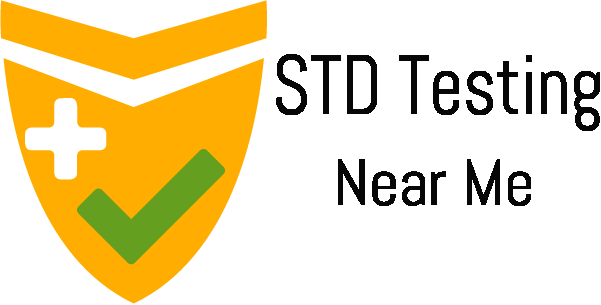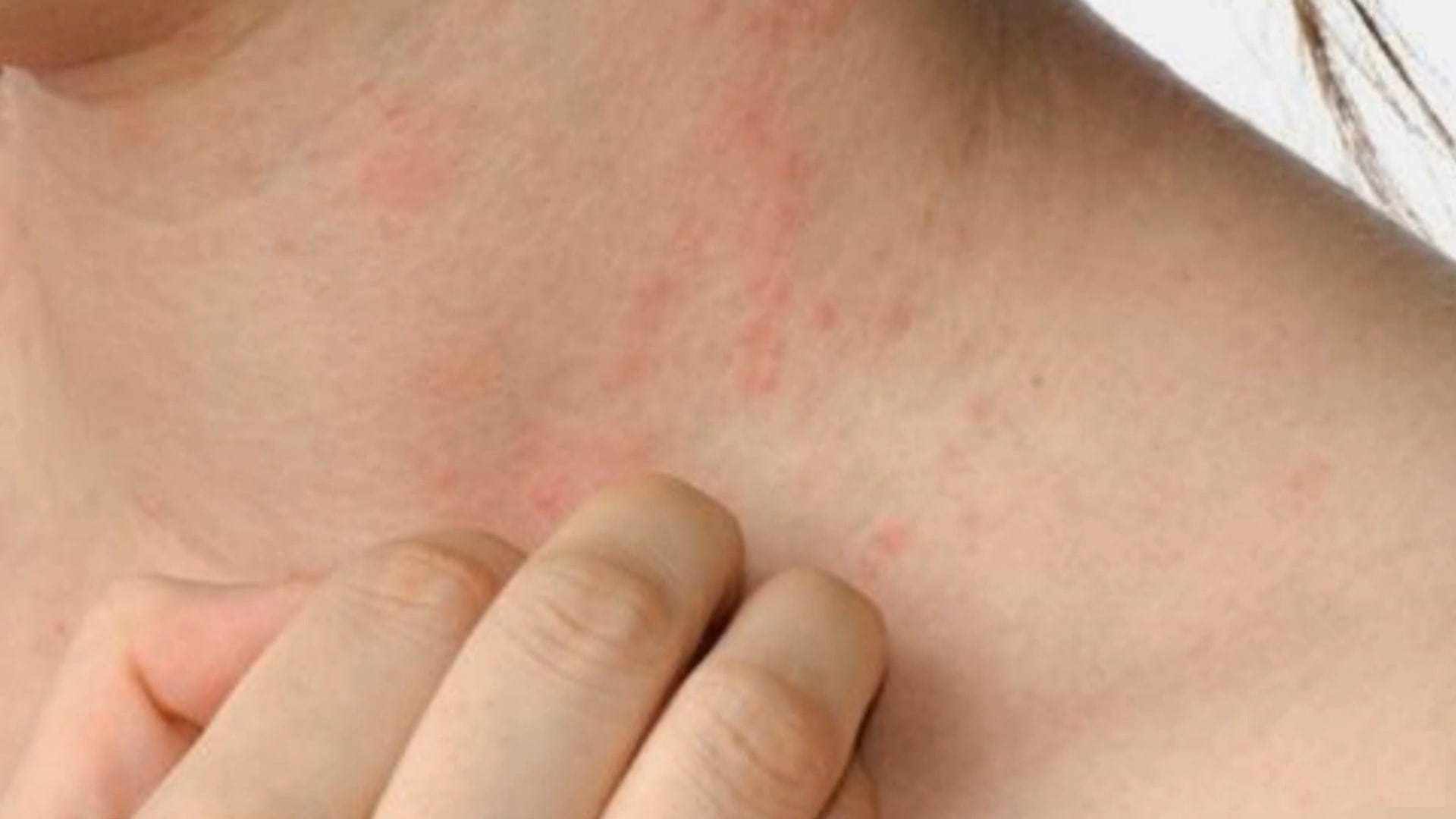
The first signs of HIV are subtle and so often overlooked, which is why many people live with the infection for years before even knowing they’re HIV positive. This is the very stage when the infected HIV patient is extremely infectious due to the high amount of viral load.
The early signs can be observed in the First stage of HIV infection, i.e. from the viral load of HIV up to 4 weeks from Infection.
What are the very first signs of HIV?
These very first signs of HIV starts from 4 day of the infection up to 7 days. There is hardly any visible sign in this phase, all you get in this stage are the symptoms.
The acute retroviral syndrome (ARS) also starts as early as 7 to 14 days from the infection, although in some cases it has been observed that ARS has started as early as 3 days after infection.
During this stage, the antibodies are yet to control the virus and this is also the time when the infected person experiences mild to moderate flu like symptoms. After a week ARS symptoms develop maculopapular rash in 30-40% of the patients
As explained in detail, the timeline of the response of the immune system on HIV the initial signs starts with the seroconversion stage. Initially the viral load is sensitive as the virus is moving into the bloodstream and starting to replicate in large numbers and increases the viral load. It is at this time the body starts giving the very first symptoms and they are as follows.
1. Mild Fever
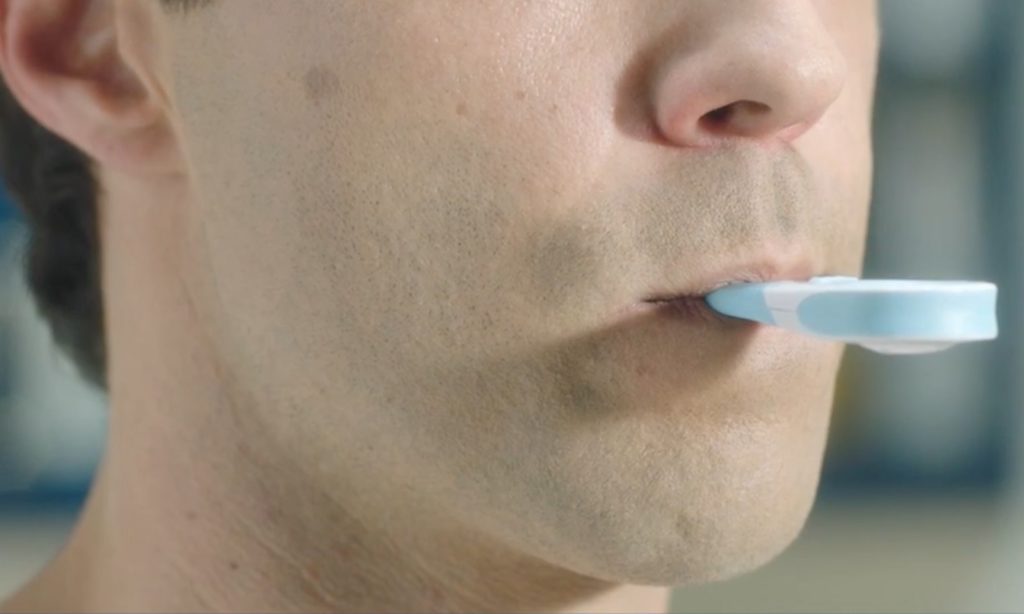
2. Sore throat
As per World Health Organization (WHO), around 40 to 50% of people living with HIV have oral infections that can cause complications in the mouth, including sores.
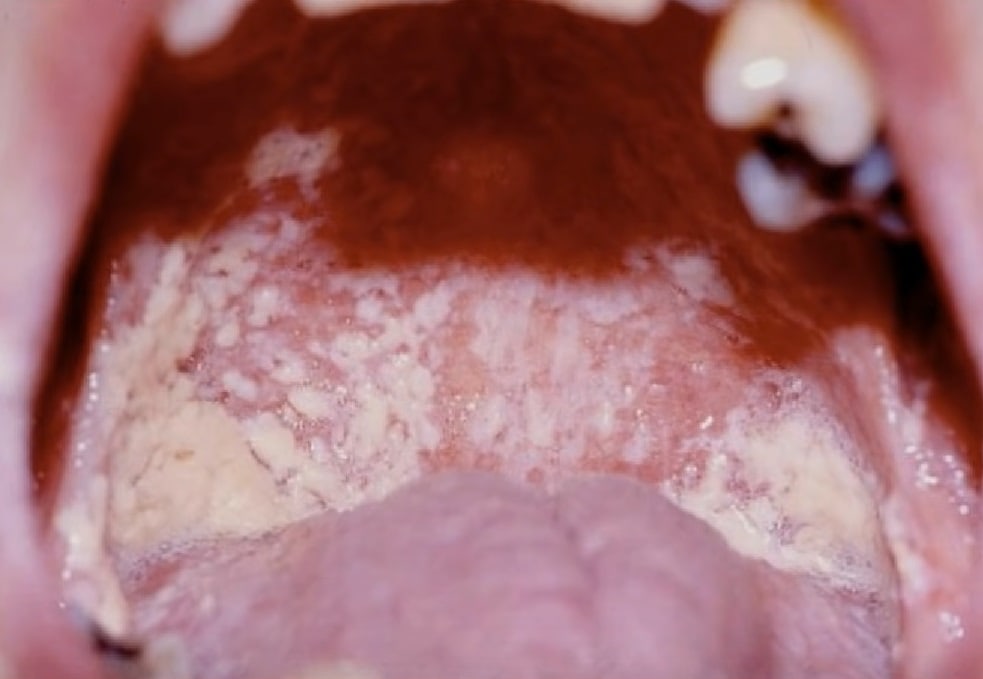
3. Diarrhea

4. Fatigue

5. Swollen lymph glands
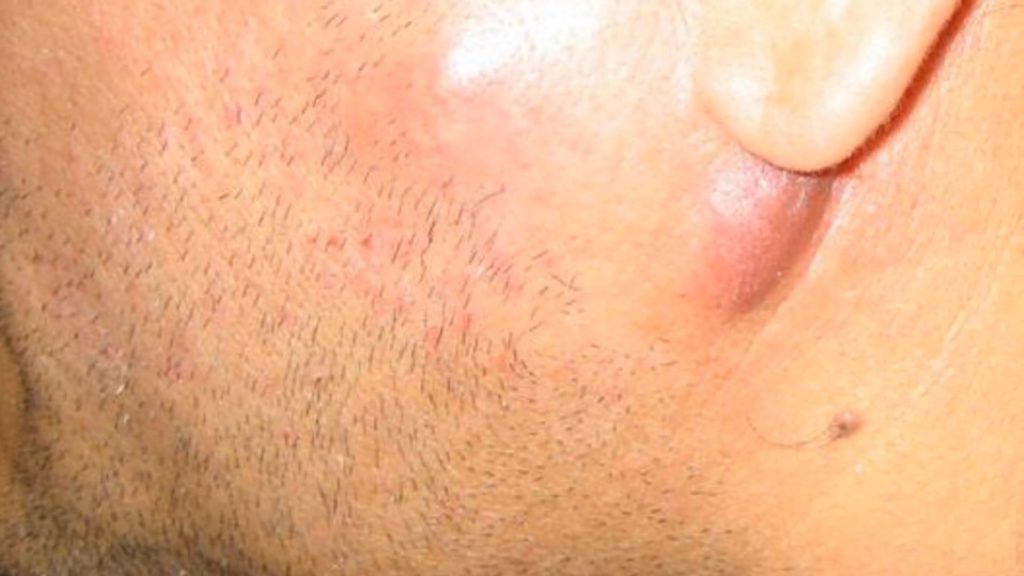
6. Muscle and joint pain
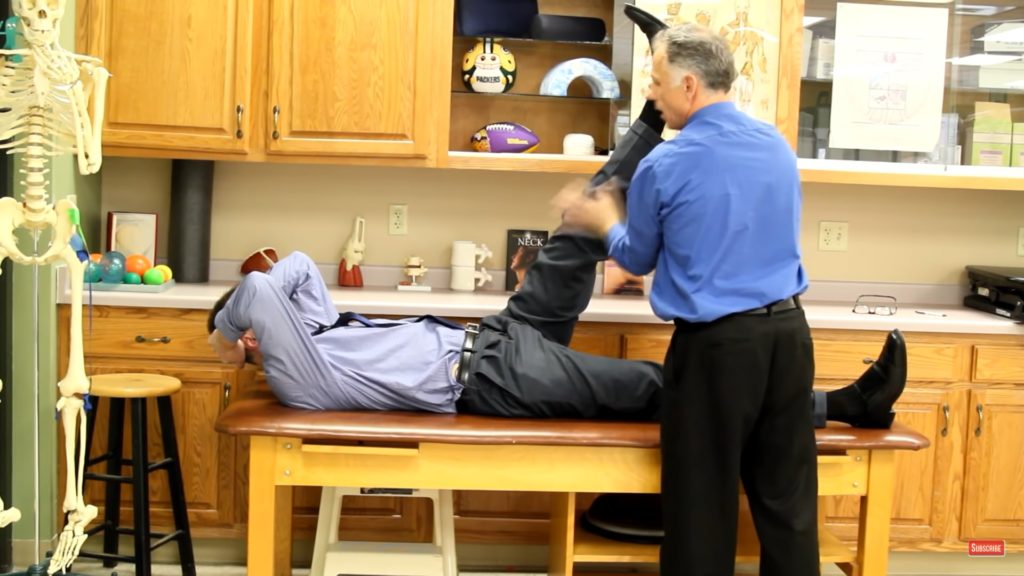
7. Sweating during night

8. Maculopapular Rash/shingles on the torso/back
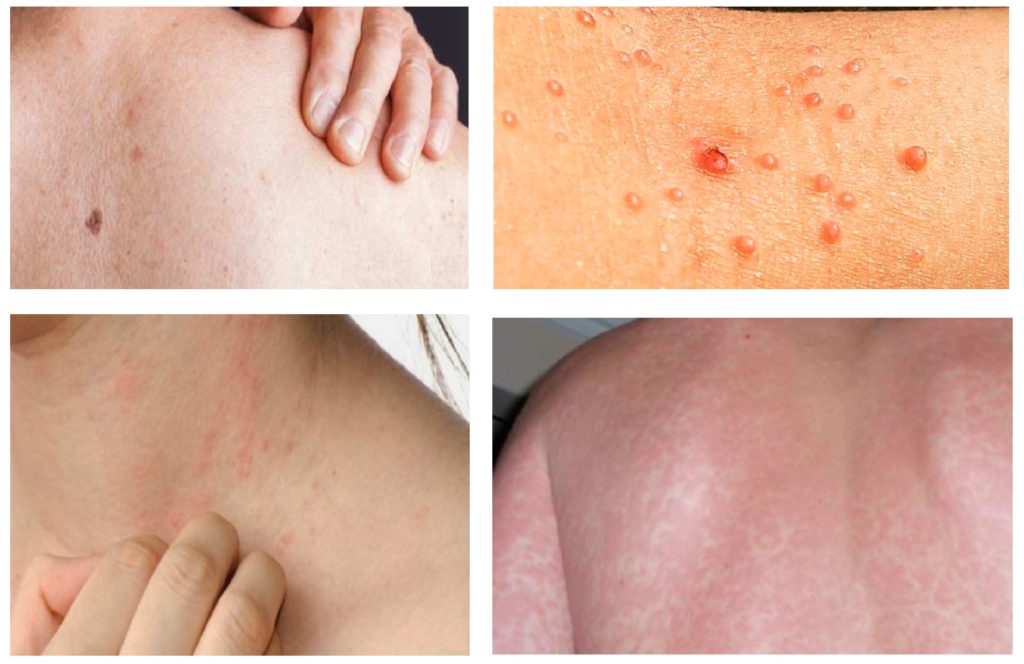
9. Ulcer in mouth
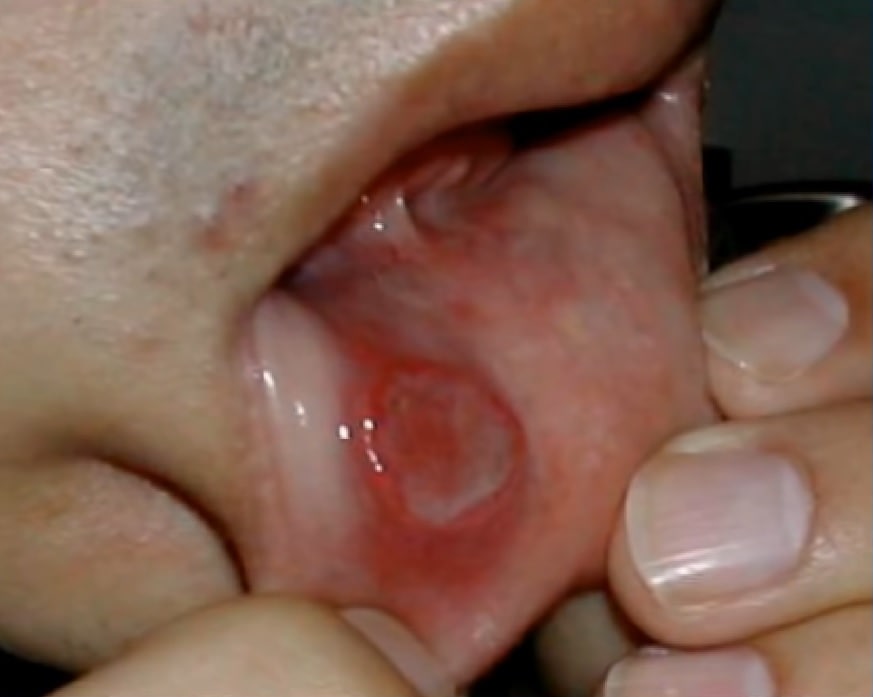
10. Headache

Above symptoms will take 4 to 7 days to show. It is at this time the HIV reaches the detectable rates by some highly sensitive tests like RNA test. Besides these symptoms, there can be subtle HIV symptoms that can be noticed on tongue
So, one should immediately get tested for HIV after having sex with the person whose sexual history you think is doubtful. By doing so you have taken the first proactive steps towards protecting your health.
People in the early stage of HIV infection are responsible for 50% of new infection.
Problem with these very First signs of HIV
However, the very first signs of HIV have a big problem, these symptoms are either go unnoticed or not taken seriously as the nature of symptoms are not so intense, in fact, they are mild. These symptoms don’t let the person give enough confidence to conclude that he/she is suffering from HIV. So this being the stage, responsible for 50 percent of new HIV infections to spread.
These very first symptoms can prevent people from detecting HIV in the early stages. Although, catching an HIV infection early allows you to begin the treatment early and keep the viral rate under control with the use of Antiretroviral therapy.
The medicine can bring your viral load down to a point where it doesn’t show up in a standard blood test. When this happens, it is known as undetectable viral load.. Low level of HIV is good for your immune system as it gets attacked lesser, allowing you to stay healthier and live longer than if you went untreated.
If you’ve had an undetectable viral load at least for six months, you’re less likely to pass HIV to a non infected partner. But undetectable viral load should never be considered as cure. Some HIV remains dormant inside cells and body tissue.
Also read: HIV no more a death sentence
Treatment during First stage of HIV
If you are diagnosed with HIV, early treatment is critical to lowering the risk of AIDs-related illnesses. When left untreated, the amount of HIV in your body called the viral load is very high. This means the virus is active and infectious. By taking antiretroviral medications, you can reduce your viral load or viral replication (which is at its peak during first stage of infection) and suppress HIV.
A combination of treatment/drugs can help fight HIV in its initial stage. Antiretroviral therapy or ART therapy keeps viral load in check and keeps your immune system healthy.
Only Test to detect HIV during First stage of HIV
The current most sensitive HIV test called the fourth generation test or HIV RNA test can detect HIV from 10th day after infection. This allows medical practitioners to catch the virus in these critical most contagious weeks. Other HIV tests could only detect infection six weeks to three months after acquiring the viral symptoms.
Also read: Types of HIV test in different stages of HIV infection
References
WHO on HIV oral Health: https://www.who.int/oral_health/action/communicable/en/
